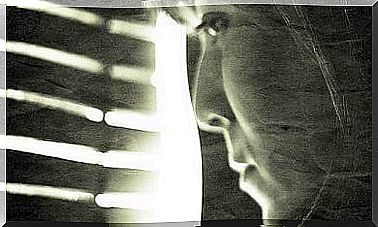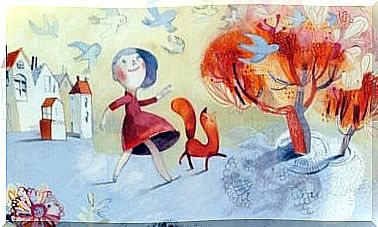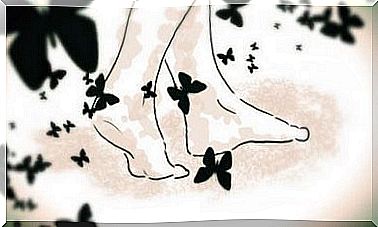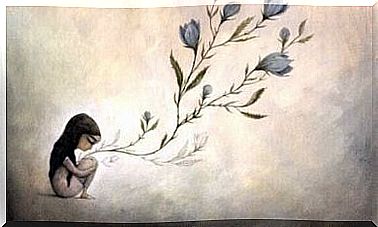Joseph Campbell: Biography And Journey Of A Hero
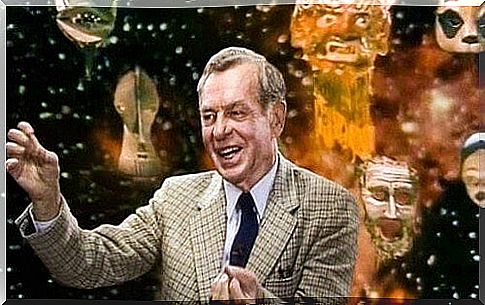
Joseph Campbell was an American thinker, writer, anthropologist and professor known for his studies on the universe of mythology. His work has been considered of great importance in his field, but also in other areas of psychiatry.
He was a contemporary of other great thinkers and influential figures of the twentieth century, such as Jiddu Kishnamurti and James Joyce, which is why he was influenced by different philosophical and thought currents.
Campbell devoted his life and work to comparative mythology. His most interesting work is The Hero of a Thousand Faces, but he has written numerous works that are still considered mandatory reading for anthropologists and therapists. His work, in fact, has inspired many professionals from different fields, from psychology to the world of cinema.
In the next few lines we will embark on a journey into the exciting world of this great hero that has been passed down from generation to generation.
His life
Born in New York in 1904, young Campbell was the father of the American Museum of Natural History, where his interest in Native American Indian culture arose . A few years later he became an expert in the field and, in particular, in the mythology of this culture.
Joseph Campbell graduated in English Literature from the University of Colombia in 1925, where he also attended a Masters in Medieval Literature two years later. During the years he spent at the university he made two important trips, to Mexico and Guatemala.
Later he went to Europe, where he met the philosopher and writer Jiddu Krishnamurti. Thanks to this meeting, he decided to go to India and began to take an interest in oriental philosophies, especially Buddhism.
In Europe he continued his training and specialized in the study of the Arthurian cycle, a set of literary texts inspired by historical facts that are combined with elements of Celtic folklore.
Finally, he studied Indo-European philology at the University of Munich and received a scholarship to study Old French, Provençal and Sanskrit. He also knew French, German, and Japanese, languages which he fluently cultivated throughout his life.
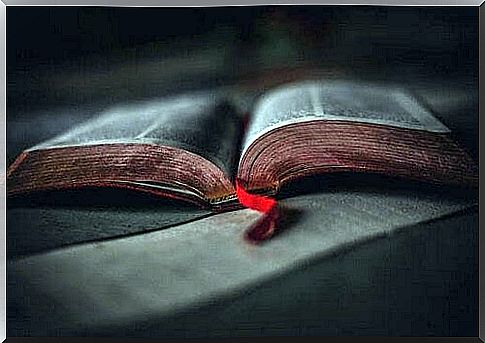
Joseph Campbell and his work
His first book, The Man with a Thousand Faces , came out in 1949. It is a work in which the concept of monomito or hero’s journey appears for the first time.
Explain that every hero’s life is about embarking on a journey that forces him to go through a series of psychological tests that he must overcome in order to evolve as a human being. But also that acquired wisdom must be shared with the rest of the world once he returns home.
Joseph Campbell noted that this myth is repeated in all cultures and mythologies of the world, regardless of religion or geographic influence. In fact, he demonstrated that there is a path to carry out the necessary transformations of the human being and that it is universal.
Campbell worked with Swami Nikhilananda in translating the Upanishads, a collection of Hindu sacred texts and their later edition. He also became interested in the work of the Swiss psychiatrist Carl Jung and his first work was followed by many others, equally important.
Among his best known works we find The masks of God, The figures of the myth and The journey of the Hero. Campbell’s literary legacy of mythology, spirituality and religion is enormous. In 1985, the filming of the documentary Joseph Campbell and the power of myth began , with George Lucas.
The film director was a scholar and follower of the work of Joseph Campbell and it was precisely from his readings that the popular Star Wars saga originated .
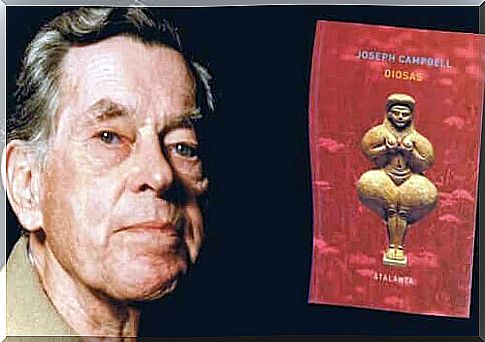
The influences
Campbell was strongly influenced by works such as the Upanishads and by authors such as Otto Rank, James Frazer, Abraham Maslow and Stanislav Grof. He was also influenced by the Jungian method on the interpretation of dreams, strongly associated with the theory of myth that he developed.
In his works we can often find references to writers of the caliber of James Joyce and Thomas Mann, but also to figures such as Pablo Picasso, Nietzsche and Schopenhauer.
Joseph Campbell died on October 30, 1987 in Honolulu, leaving an immense and highly valuable legacy in the field of comparative mythology. He combined enormous knowledge of history, literature, anthropology and religion which are still of particular interest in the academic world today. Campbell was a hero who deserves to be remembered.
